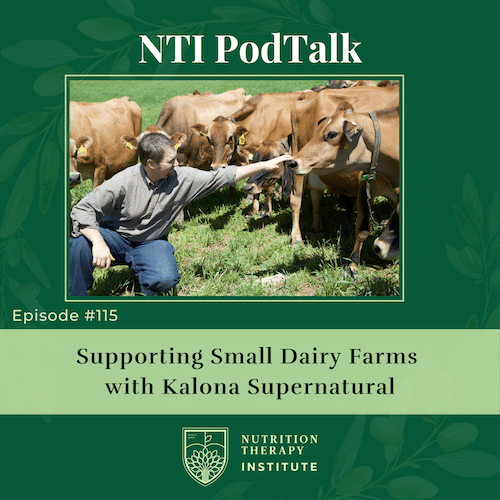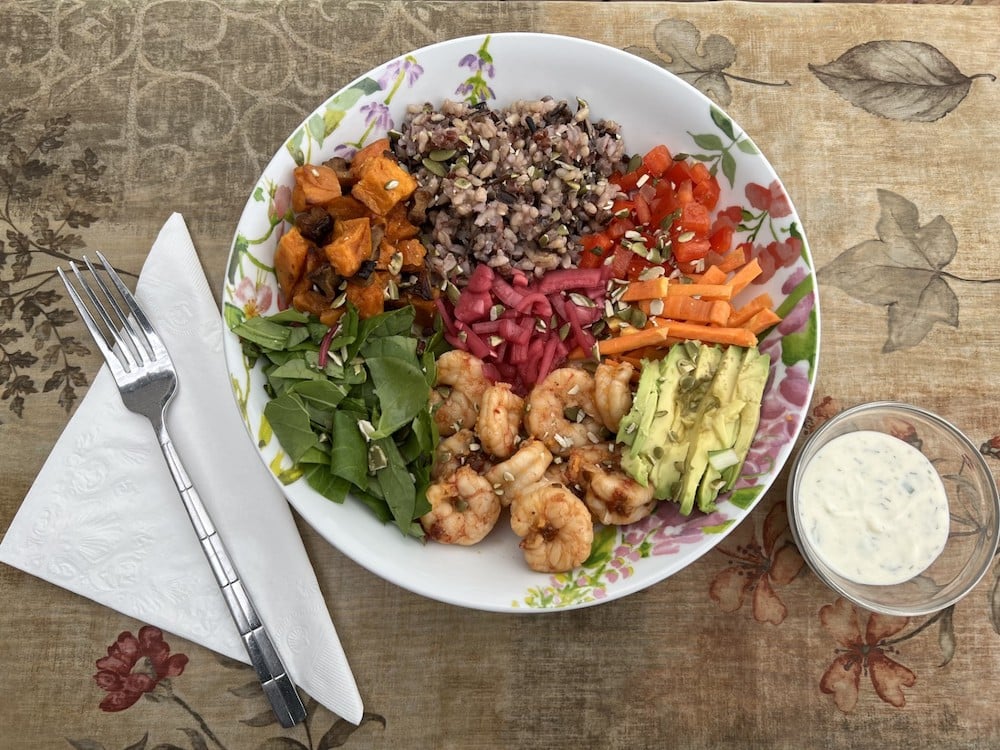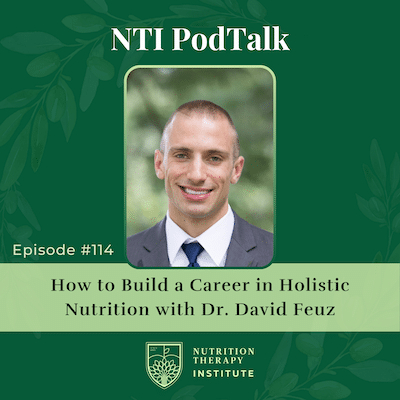
Share this post!
Heart disease is the leading cause of death in the United States. Historically primarily a male affliction, the gender gap in heart disease has narrowed in a somewhat ironic turn of events for women who have sought equality with their male peers. In fact, men today have slightly fewer heart attacks than women, although this is partly because men don’t live as long as women and also tend to have fatal heart attacks at a younger age.[i]. This is why it’s so important to eat for men’s heart health.
In spite of these changes, men still face several challenges when it comes to heart disease. They are more likely to die from a heart attack at a younger age than women, and more than 70% of sudden cardiac events are men.[ii]
What causes heart disease?
This is a contentious subject that has been fiercely debated for decades. The information presented here is largely drawn from an excellent paper entitled A Healthy Heart, written by my friend and colleague Rachel Walker, MNT. Rachel’s paper provides a comprehensive breakdown of the science behind the diet and lifestyle factors that lead to cardiovascular disease.
Atherosclerosis is the medical term for the hardening and narrowing of the arteries that is associated with an increased risk of heart attack. This buildup of plaque in the arteries occurs when the arterial lining becomes damaged by high blood pressure, high blood sugar, and toxic chemicals.
As a result of this damage, lipoproteins in the bloodstream such as LDL (low-density lipoprotein) become lodged in these damaged blood vessels, which oxidize and become atherosclerotic plaque. This plaque buildup blocks blood and oxygen flow to the heart, leading to a heart attack. [i]
Because the main risk factors for arterial plaque formation include high blood pressure, high blood sugar, and toxic chemicals, a heart-healthy diet must support healthy blood pressure and blood sugar as well as minimize toxins in the bloodstream.
Key Points of a Heart Healthy Diet
Eat antioxidant rich foods
- Antioxidants reduce oxidation, which is a primary source of damage to the arteries, leading to plaque formation.
- Fruits and vegetables with rich, dark, vibrant colors are high in antioxidants.
- Select a rainbow of colors for a variety of antioxidants including orange sweet potatoes, red bell peppers, and ripe, deeply colored blueberries.
Eat saturated fats
- Yes, you read that right! Saturated fat is believed to clog arteries, but this claim appears to be based on flawed data.
- A large 2010 review of studies published in the American Journal of Clinical Nutrition found “no significant evidence for concluding that dietary saturated fat is associated with an increased risk of CVD [cardiovascular disease].”[ii]
- In fact, the director of the study William P. Castelli observed that “the more saturated fat one ate, … the lower the person’s serum cholesterol.”
- Good food sources include organic full-fat dairy, meat, and other animal products, coconut oil, and macadamia nuts.
Eat monounsaturated fats
- These fats tend to be rich in Vitamin E, an important nutrient for heart health.
- Good sources include avocados, olives, cold-pressed extra virgin olive oil, sesame seeds, and sunflower seeds.
- Monounsaturated fats are damaged by heat and are best enjoyed raw.
Eat omega-3 fats
- An excess of omega-6 fats in the absence of adequate omega-3s leads to an inflammatory state that may contribute to heart attack.
- Omega-3 fats have been shown to decrease triglycerides and interfere with the inflammatory effects of omega-6 fats.[iii]
- Good sources include fatty fish like salmon, sardines, and anchovies, seeds including flax, chia, and hemp, and pasture-raised animal products.
Eat plenty of fiber
- Fiber improves detoxification of dangerous chemicals that can damage blood vessels.
- Fiber decreases inflammatory markers.[iv]
- Good food sources include vegetables, nuts, seeds, beans and “pseudograins” like amaranth and quinoa.
In summary, a heart-healthy diet is rich in antioxidants, contains plenty of fiber, and includes a variety of healthy fats. It is also low in sugar and refined carbohydrates, which negatively affect blood pressure and blood sugar. By making smart food choices men can reduce their risk of heart disease and live long, healthy lives!
Aaron Mello is a graduate of NTI’s Master Nutrition Therapist program and founder of MoodFood Clinic. He can be contacted at 720-683-8715 or aa***@************ic.com, or view his website at www.moodfoodclinic.com.
NTI stands for better health through better nutrition.
We’re on a mission. We teach people how to eat for health and explain the science behind it.
We teach the teachers and they are making a difference!
ntischool.com
Share this post!


















